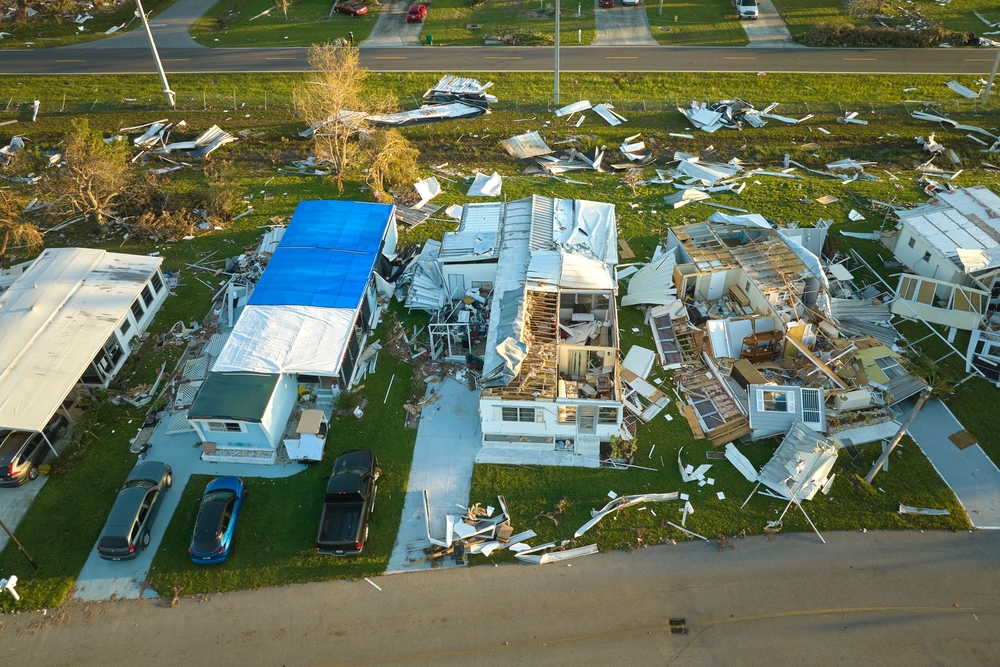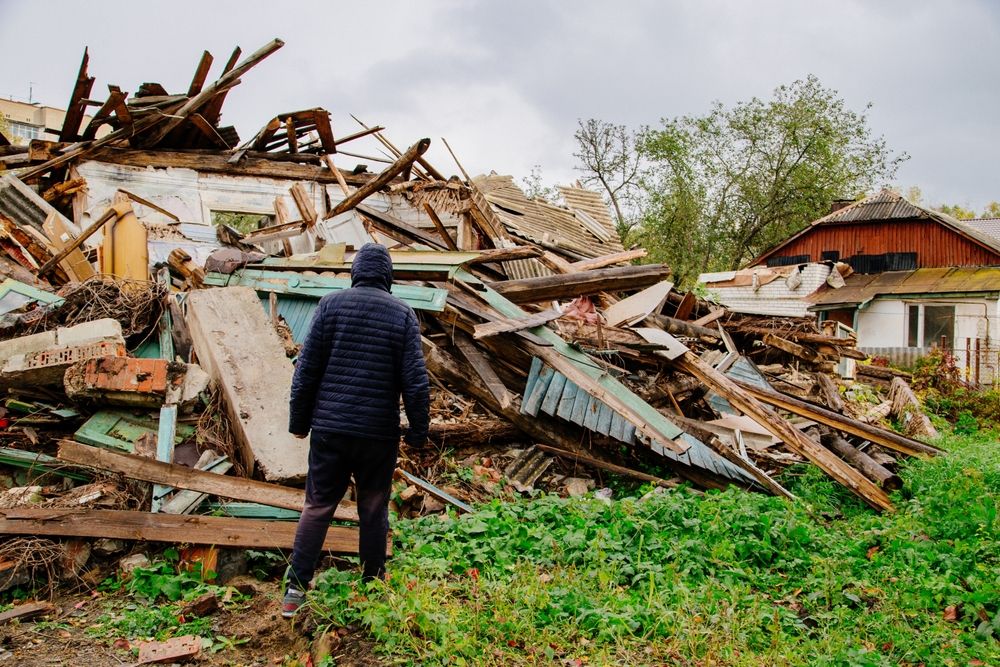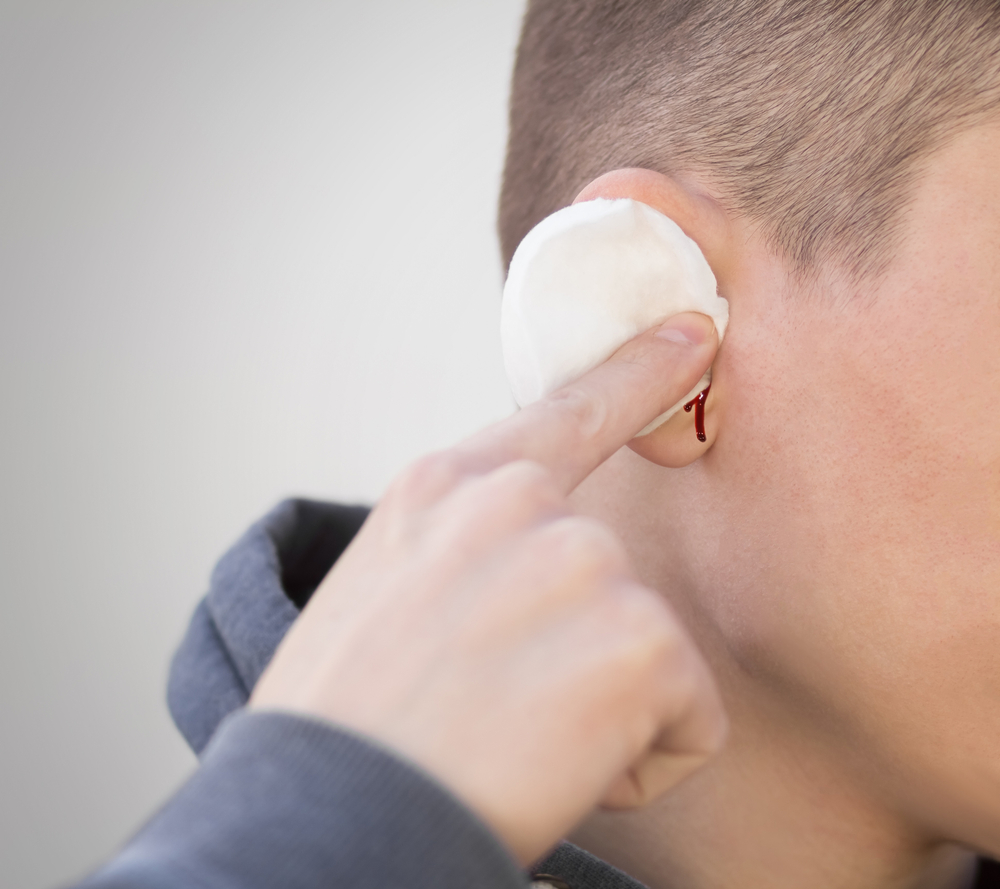As climate patterns shift and extreme weather events become more frequent, it’s crucial for everyone to be ready for natural disasters. This preparedness is especially vital for individuals with hearing loss, who may face unique challenges during emergencies. Ensuring they have the necessary supplies and communication tools can significantly enhance their safety and well-being. Here’s how you can effectively prepare for natural disasters if you or someone you know has hearing loss.
Build an emergency kit
Beyond the standard provisions like food, water, and medication, assemble a specialized emergency kit containing:
- Paper and pen for communication in case hearing becomes difficult or impossible. While smartphones can serve this purpose, they may not be reliable during prolonged emergencies due to battery limitations.
- Preserve old hearing aids in a safe location to serve as backups in case current ones fail or get lost during a storm. Store them in moisture-resistant bags.
- Stock up on spare batteries for all hearing devices, including both current and previous models, as well as batteries for microphones or other communication aids.
- Invest in car chargers for devices such as cochlear implant battery packs and mobile phones to ensure they remain powered during power outages.
- Ensure all devices and backup batteries are fully charged ahead of time. If you use rechargeable hearing aids, have backup chargers ready in case of power disruptions.
- Acquire weatherproof bags or containers to protect hearing devices, batteries, and other essentials from water damage. Many retailers offer affordable waterproof storage options typically found in camping gear sections.
Compile an emergency contact list
In emergencies, relying solely on electronic devices may not be feasible. Prepare a hard-copy list of essential phone numbers and information, including:
- Contact details for state and local agencies that offer assistance to individuals with hearing loss during natural disasters. Familiarize yourself with the Mayor’s Office Department of Disability procedures if you reside in an urban area.
- Emergency contact numbers for local fire and police departments, the mayor’s office, and volunteer organizations aiding those with hearing impairments during crises.
- Include your doctor’s contact information and the manufacturer of your hearing aid for emergency service needs.
Use technological solutions
Explore specialized technologies designed to enhance safety and communication for individuals with hearing loss during disasters:
- Invest in receivers compatible with the National Weather Service’s severe weather alert system. These devices emit visual and tactile signals, such as strobe lights, loud sirens, or bed shakers, to alert users of impending weather hazards.
- Consider using amplified telephones or telecommunication devices specifically designed for hearing aid compatibility. Ensure your television is equipped with closed captioning, and explore TV amplifiers for improved audio clarity.
- Develop and share an evacuation plan with family members to ensure everyone knows what to do in case of an emergency, including accommodations for individuals with hearing loss.
By proactively preparing for natural disasters and leveraging specialized resources, individuals with hearing loss can enhance their safety and resilience during challenging times. Remember to regularly review and update your emergency preparedness strategies to stay ready for any unforeseen circumstances.
Find a hearing specialist near you for more information on hearing loss and hearing aids.



